Earlier this week I got an email from the dad of a player I coached back in 2015. The subject was “Thank you for being Philip’s best coach” which made me think, oh that’s nice. And then, even before I opened it, I saw the secondary subject line, and my heart sank. I opened the email. It was a link to Philip’s obituary.
I had coached all of my son Max’s youth hockey teams for seven years. By 2015, Max had aged-out of youth hockey and was at the University of Pittsburgh, being smart. As for me, I was still enjoying coaching hockey enough to be a “non-parent” coach — somewhat of a rarity in a sport with lots of dads coaching because their sons or daughters were playing.
It was a Bantam B team. “Bantams” being 13 and 14 year-olds, “B” meaning … well, not “A” … and certainly not “AA.” During evaluations, A players and AA players got picked. B players were the leftovers. They were the players I wanted to coach.
Philip was one of those players. Within the team, he was in the middle. Good at some skills, struggling with others. He was happy to be there — always smiling, always trying, always improving. He loved hockey. I felt that his dad, Boris, was the kind of dad that I was, and many of us are — he loved his son with everything he had, and he was going to do whatever he could to help Philip be as happy as he could be, and to get the most out of his hockey experience. As I remember it, Boris was just an okay skater, but he signed up to be an assistant coach so he could be out there with his son, making sure he was okay, just wanting to be close to him. That’s what I did back when Max first started playing hockey.
This Bantam B team barely had enough players to be a team. I remember many games where we had only nine skaters — sometimes eight. That’s not enough. The rest of the teams in the organization usually had fifteen players. We didn’t win a lot of games. I remember shifting Philip all over the place during the season, trying to find what position was best for him. I think he ended up as a defenseman.
During the season I bought a cheap wall clock from Target. I hung it in the locker room during every practice and every game. I wanted my players to develop a pre-practice and pre-game routine, based on how much time you had until you stepped out onto the ice. It was The Game Clock. I introduced a “player of the game” tradition: At the end of a game, if we won, the players would choose the player of the game and he would be presented with the Game Clock. He’d write his number on the side of the clock with a Sharpie. Philip never got chosen during the season. I had never noticed. Boris mentioned that to me, being the father who loved his boy. I probably would have done the same thing had things been reversed. There are all kinds of dads. One kind is the “I’m too busy for this hockey nonsense,” another is, “toughen up, kid,” and another is the dad who just wants his son to have a well-deserved victory, and if that dad can do something about it, he will. I’m glad Boris told me.
The organization put on a big end-of-year banquet back in those days, and that year it was at a hotel ballroom in West Allentown on a Sunday afternoon. During a break, I pulled all the players and coaches out of the hall and into the empty lobby and presented the locker room wall clock to Philip. The clock was his to keep, a well-deserved recognition of Philip as a player who always did what was asked of him, always supported the team, enjoyed the game, and who, through his quiet commitment, truly embodied what a teammate was all about. I meant it. I remember because I got choked up when I was saying it to the team. I was always too much of a softie to be a really good coach.
I sometimes look back at those years I spent coaching — specifically the “extra” years after my son was out of youth hockey — and think of it as wasted time. Players and parents are in your life for five months, and then they’re gone … moving on to another team, another coach, or another sport or activity. Some of those players are lost in the hazy mist of time-gone-by. But some stay clear and strong in my memory … like Philip.
I’m not sure what took him from this life. I grieve for him. My heart aches for Boris and his family. I hope Philip is at peace. And whether or not I was Philip’s “best coach,” it doesn’t matter. All those extra years I spent coaching were not a waste at all.
Please take a moment today in remembrance of Philip and his family: Philip Boris Stefanov

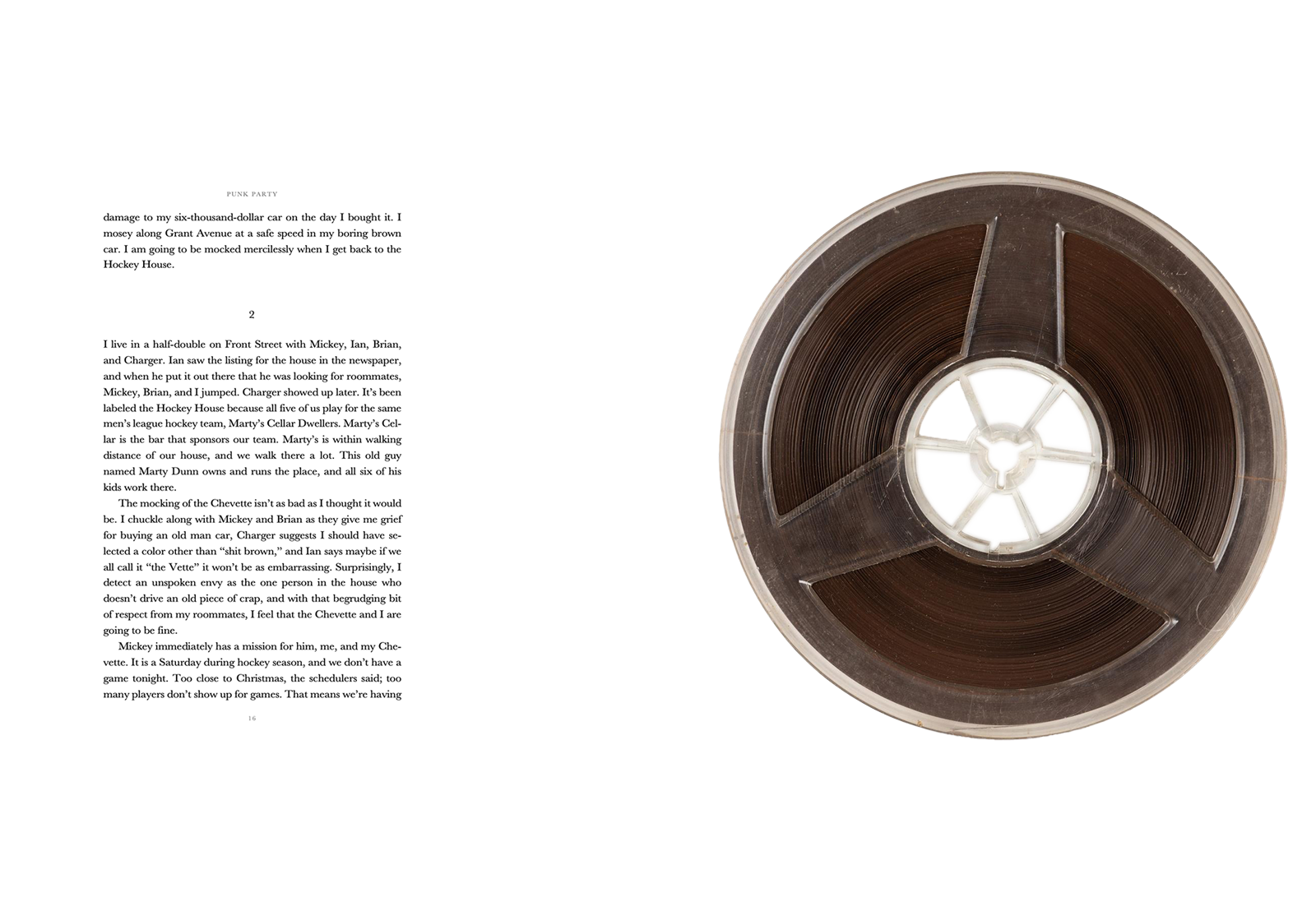

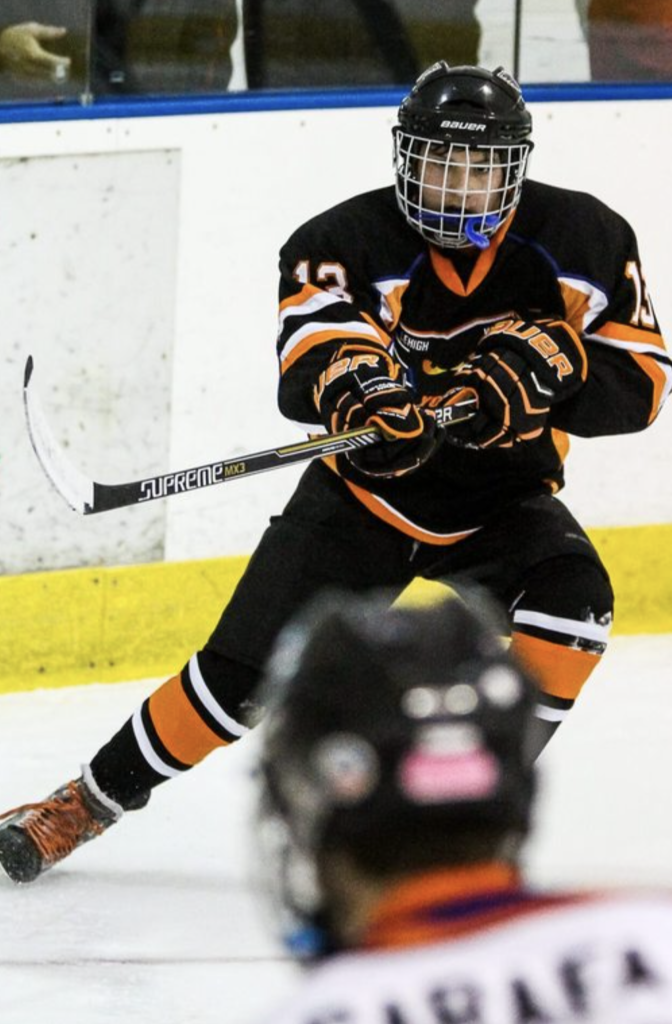
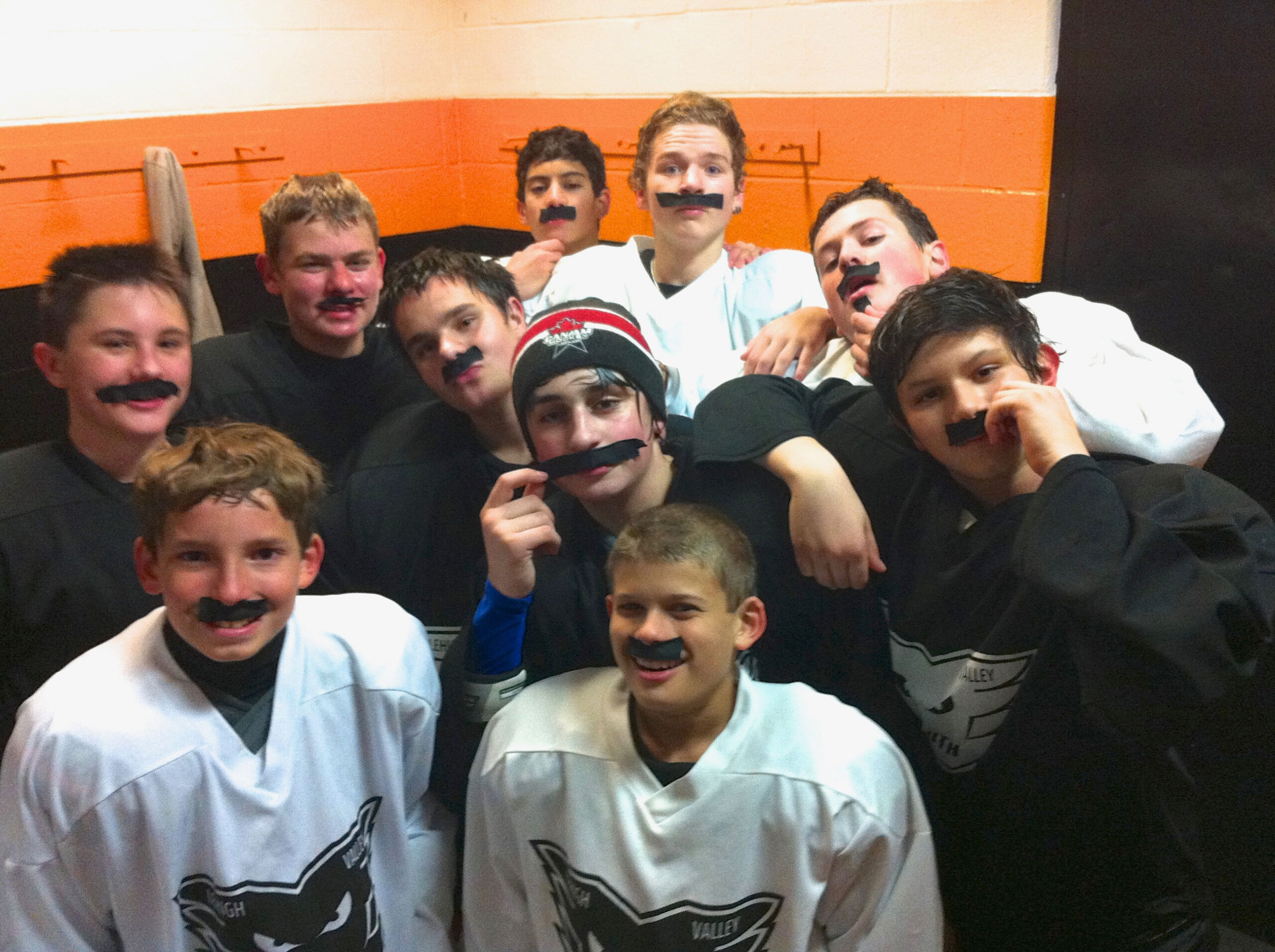
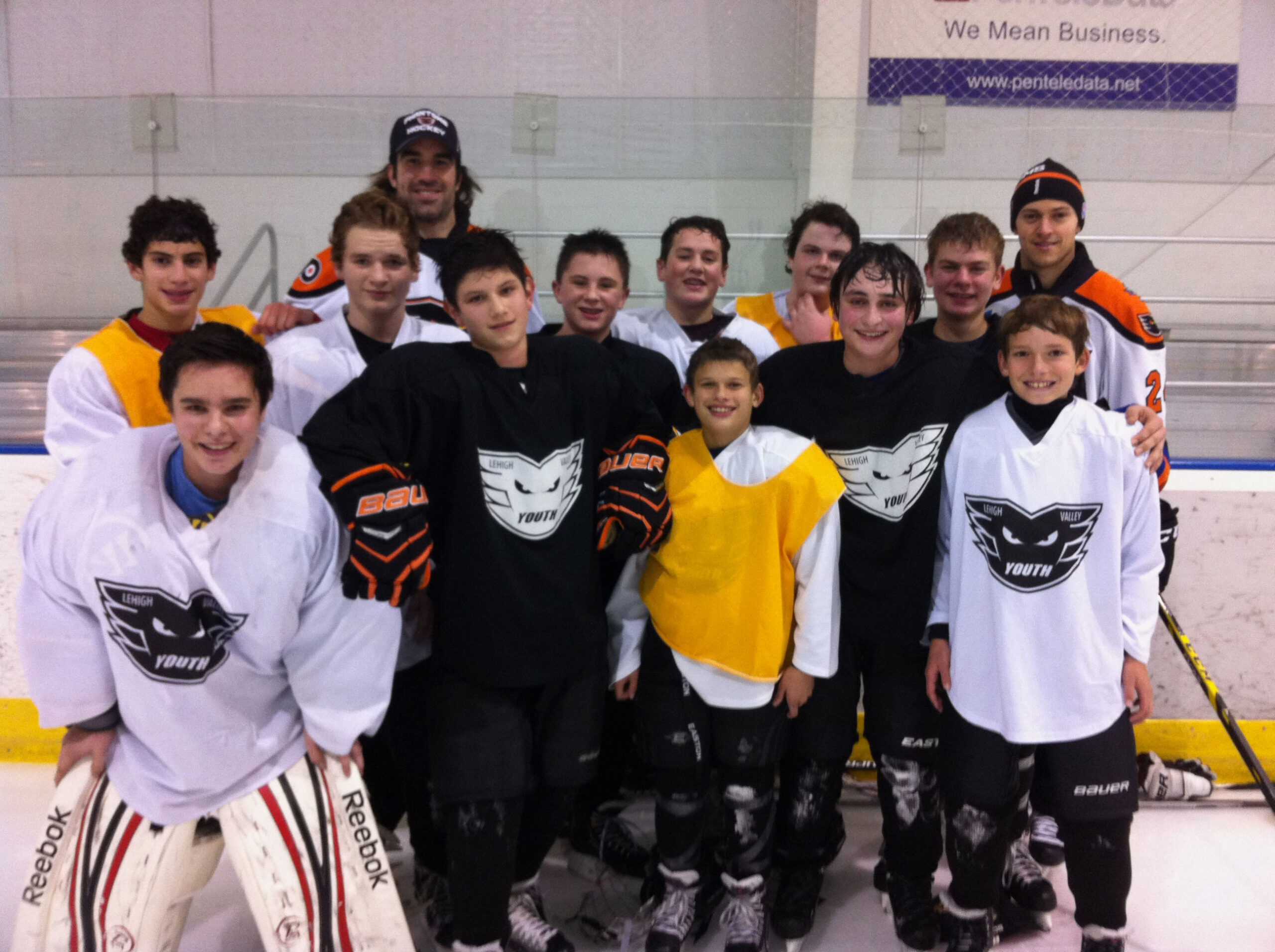
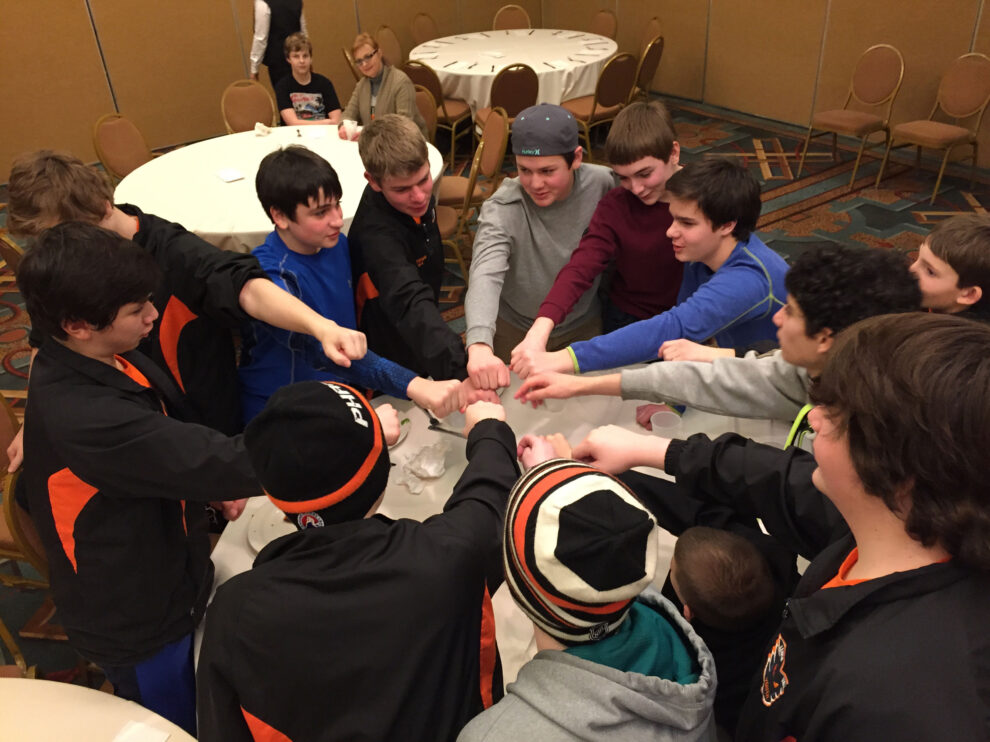
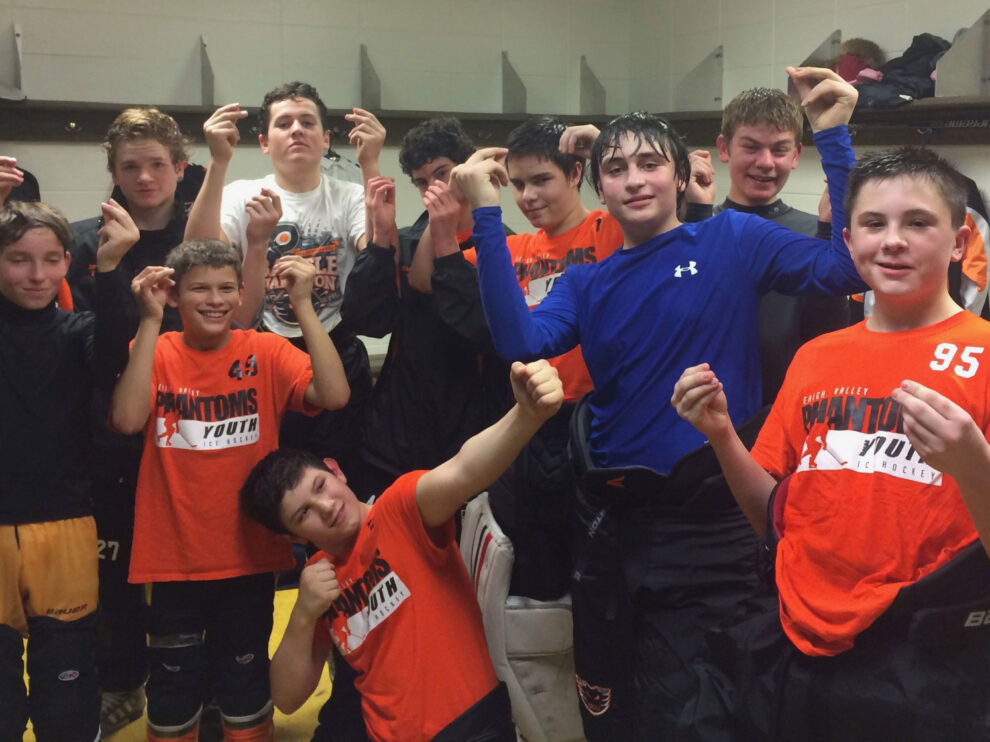
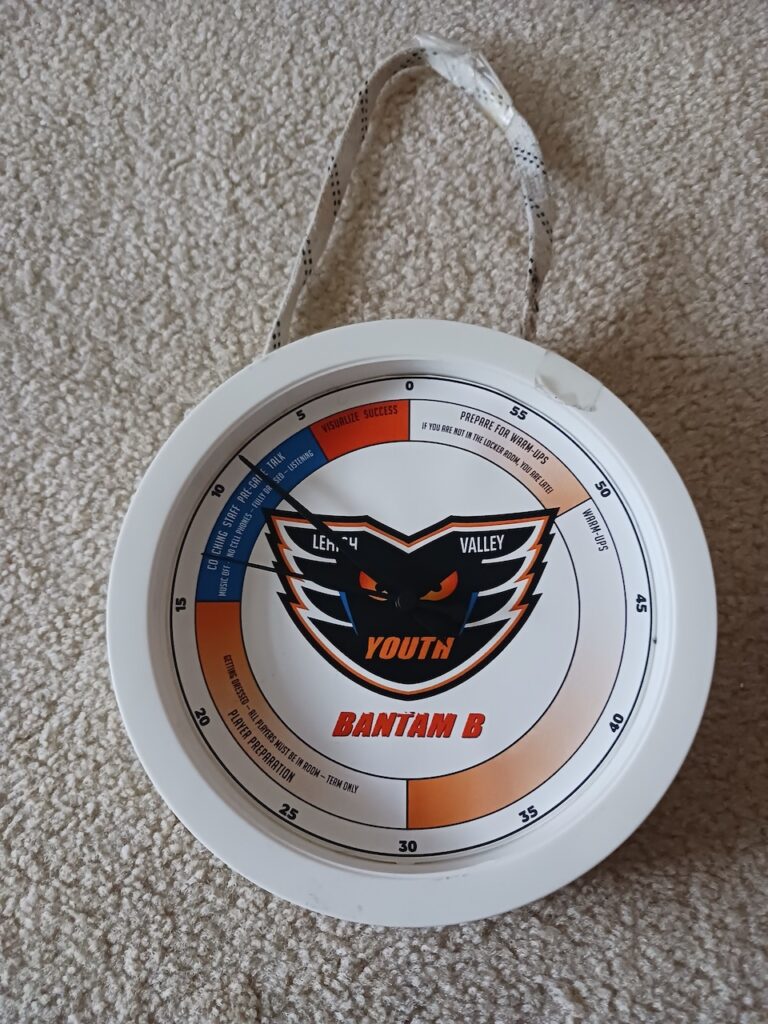
What a beautiful and sad story.
I have no words other than thanks for sharing.
We have no idea the impact we have on the people close to us and those that just pass through our lives. Sometimes the smallest forgotten moments of kindness are the the ones that have the most impact. And we may never know.
… I guess I did have a few words.
Your story brought tears to my eyes. Philip was a young man who was filled with heart and commitment. Sometimes in life, all we want to be is “seen”. By sharing your heartfelt thoughts- and the clock- you shined a light on Philip.
Shine on.
Awww David. This was so tender, and you are such a good writer. In a way, it reminds me of all the teaching I do. You had the extra intuition to push them further in not just their sport, but in seeing more of their overall situation. Not everyone does that, because it takes another level of vision. Thanks for sending this.
Thank you for writing to tell us about Philip, David. It is so difficult to lose a child, so my heart goes out to his mother and father.
It is also hard to lose any young person that you have had a great relationship with, be it coaching or teaching or mentoring or through work.
Some children really show you who they are and touch your soul; as a teacher, I ended up loving all my students, especially the most challenging. It wasn’t always easy to love them, but I did. One year, I wrote an essay about every student in my class, because I observed so many fascinating aspects of their personalities and behavior. I loved them. Now, I struggle to remember each one, some will always stand out, though.
I miss teaching but I admit that after being in league with administration during the last few years of my career, the pendulum had swung too far, yet again. Testing and preparing for that testing, replaced the time that would have been spent on learning life skills and getting along. In the last few years at work I rebelled in my own subtle way: I went to schools to provide training on morning meetings and number talks. Both daily activities were devoted to sharing ideas, having fun, and getting along while learning. After all, that is why I entered the field in the first place….to create a better world. That is the old hippie in me!
I bet you were a fabulous coach, David. Thank you for being a loving and kind human being!
David That was great and wonderfully written. Jane and I will toast her brother,Phillip and Boris today
Such a heartfelt tribute, David. As a former coach, the lasting impact we might have had on the players we guide, both on and off the field, or in your case, on the ice, is a constant wonder. Yet, in the end, the true significance lies in the moments we spent with our team, shaping their character. The memories woven through those times are ones we and our players will hold dear, perhaps for a lifetime. The realization of this truth, brought about by Phillip’s early departure, weighs heavily on my heart. I hope the family will find peace.
David, when you told me this story the other day it was sad and very heartfelt. Boris and your family, I am sorry for the immeasurable loss of Phillip. As teachers, coaches, or Scoutmasters I agree with what Jonathan said “We have no idea of the impact we have on the people close to us . . .” but we do it in the hopeful fact knowing that we will make a difference in even the smallest of ways.
Each day we seek to add to the positive force that is life. Some days we question our efforts. David, you provided more than hockey instruction. That is evident. The clock award was a simple yet profound gift to Phillip that could erase some self-doubt. Excellent insight and empathy.
Thank you for these words. Phillip, I hope you have found peace and solitude. May we all take this story as a charge, as adults/mentors, to keep our focus on what we love and know in the earnest sharing of such we can make our short time here the best possible for all.
Lead with strength and devotion in all actions.